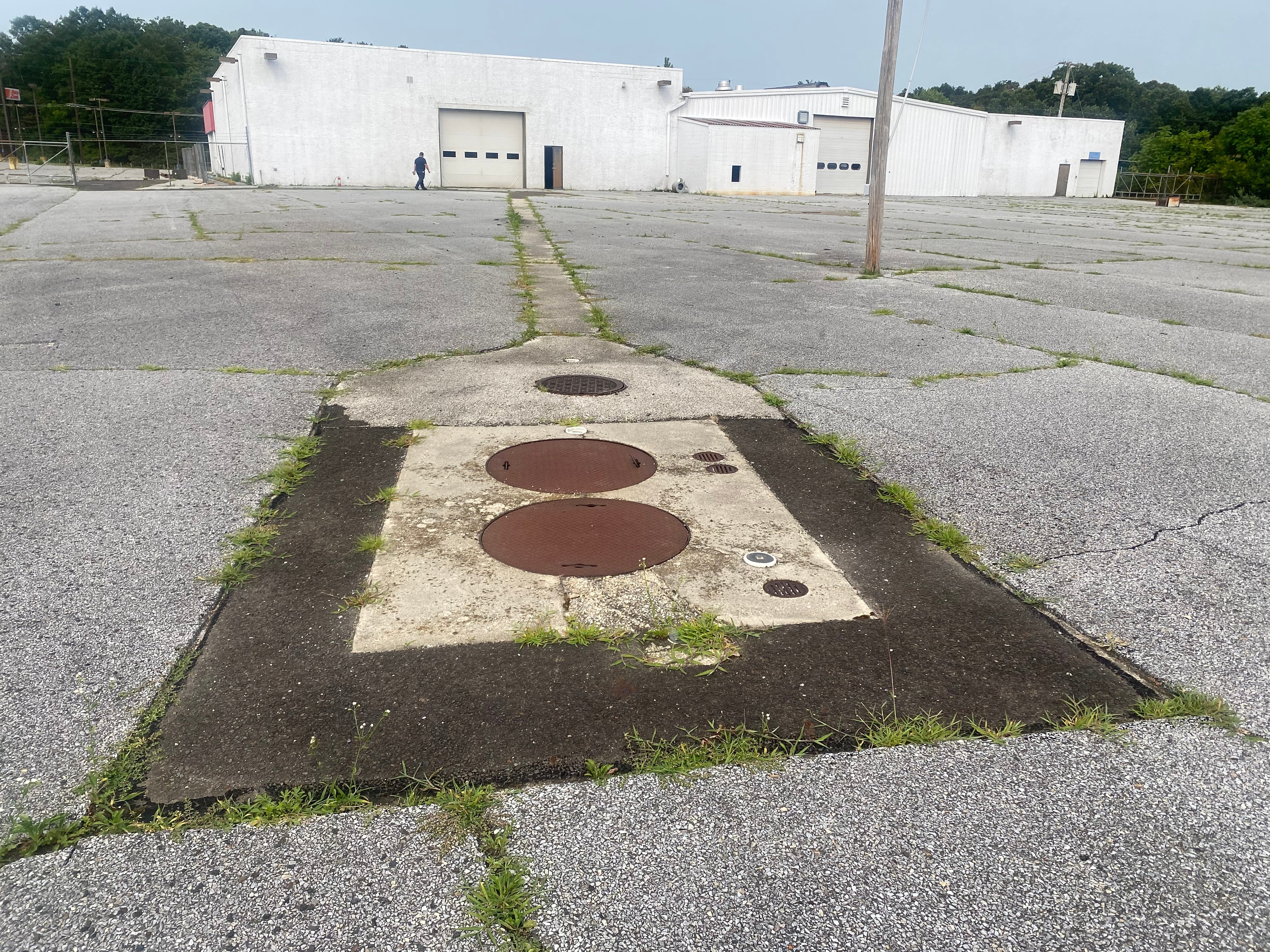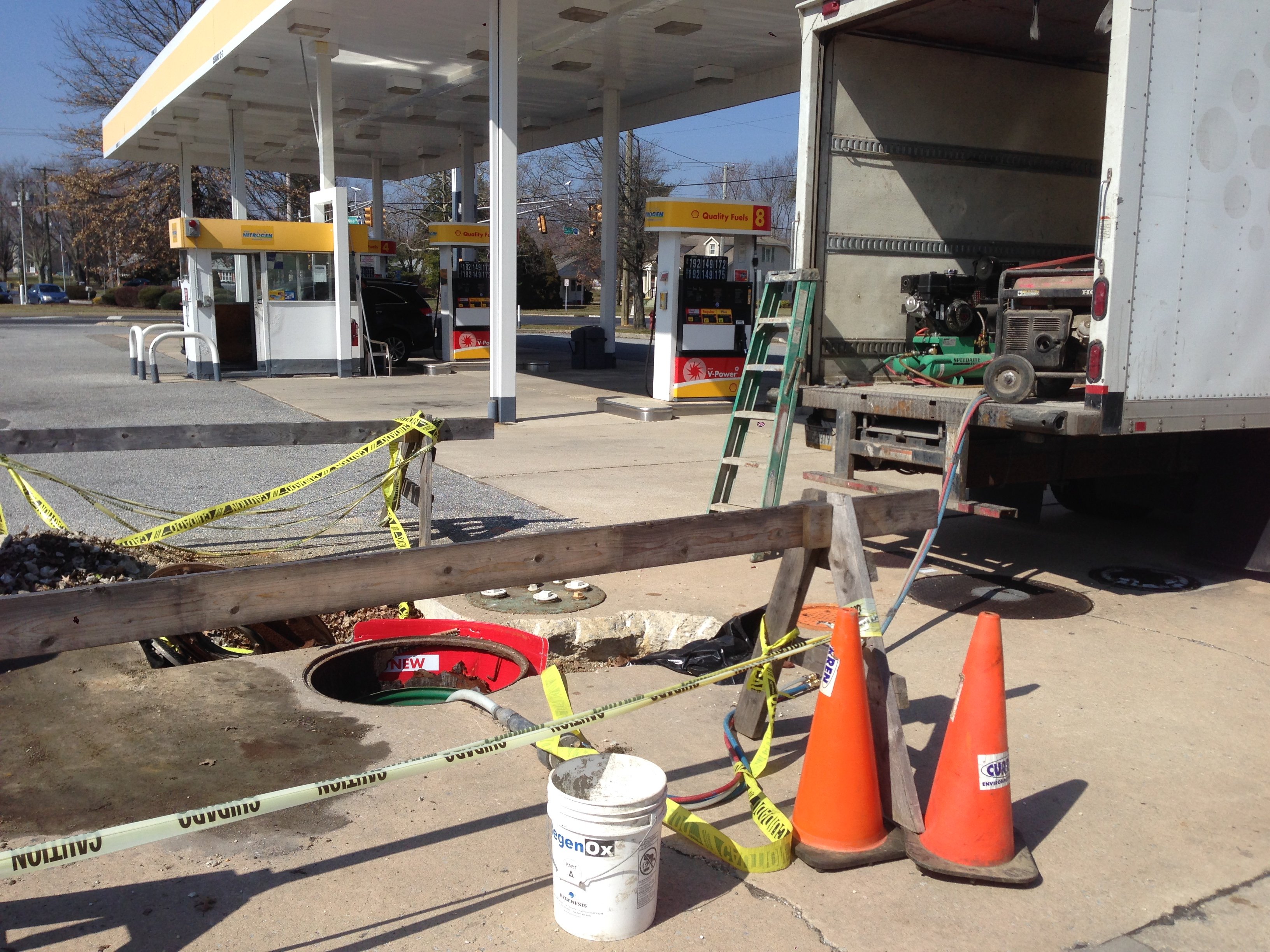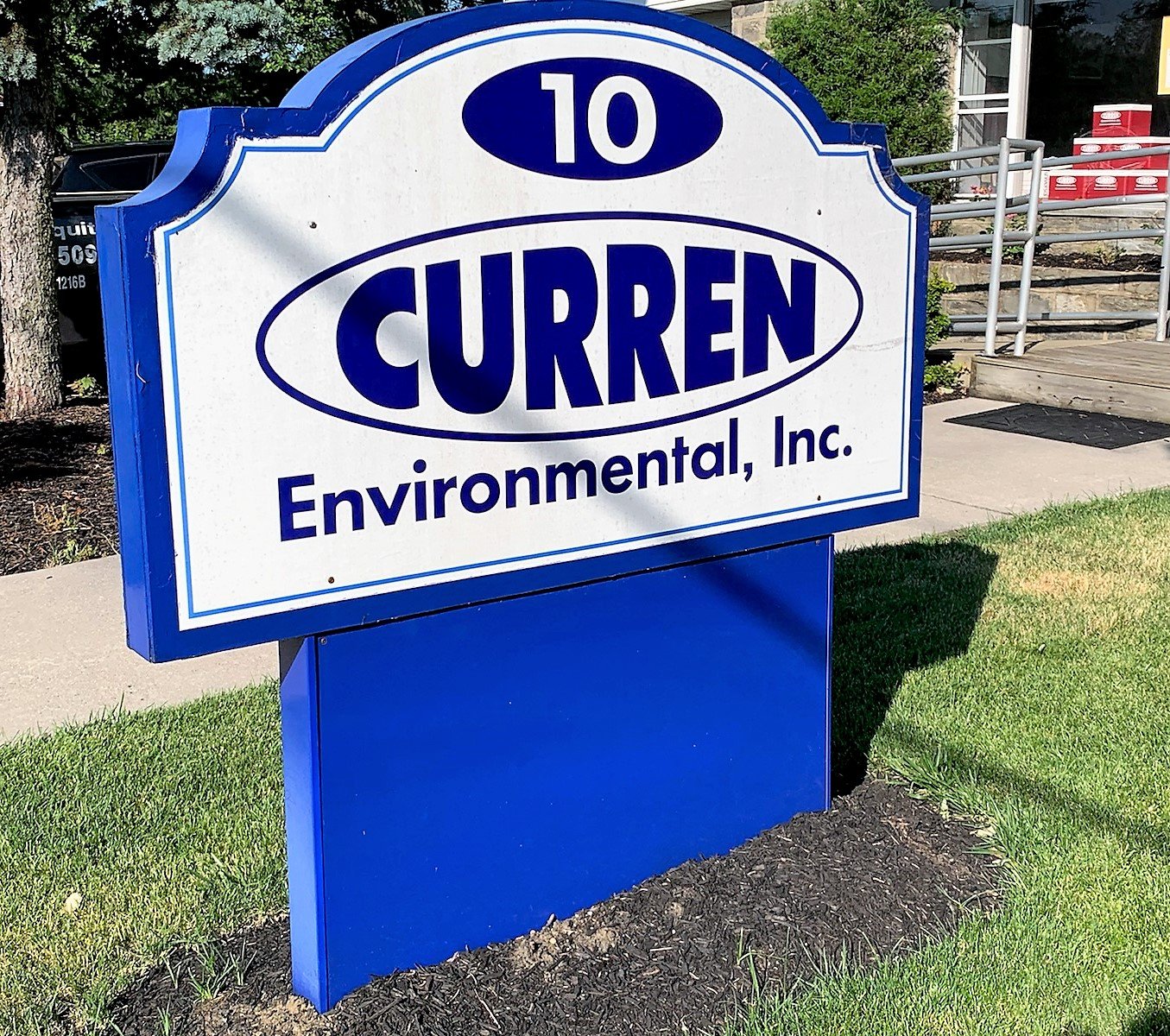New Jersey Department of Environmental Protection (NJDEP) signed into law the New Jersey Site Remediation Act (SRRA) in May of 2009. As of May 7, 1012, all owners or operators of a contaminated site RP’s (Responsible Party) must hire an LSRP, who will guide and oversee environmental activities at the site.

Generally speaking, you should expect that LSRP involvement will be necessary on any contaminant except number two (2) heating oil. So, gasoline, kerosene, pesticides, metals, PCBs, hydraulic oil, etc., would have to have an LSRP oversee testing and remediation.

The regulation also changes what is known as an NFA (No Further Action) letter. Prior to the law, once you remediated a site you received an NFA. Now, NFAs are issued for UHOTS (Unregulated Heating Oil Tanks), heating oil discharges from USTs under 2001 gallons which are the unregulated heating oil tank definition pertaining to size. So, all other sites now get a RESPONSE ACTION OUTCOME (RAO).
Before the LSRP program was implemented and after contamination or a release was identified, and the NJDEP had been notified, the Responsible Party (RP) was required to hire an environmental consultant who would investigate the contamination on the site, and ultimately provide remediation if necessary. This old approach would require owner consultants to submit reports to NJDEP and await a response, which could take months or years to receive a response. It was a slow program for sure and many sites fell through the cracks with no driver from NJDEP requesting investigation and testing of a site, many properties had no work performed. For sites that made forward progress the NJDEP would issue a No Further Action Letter (NFA), which was the gold standard for closing out environmental contamination.
Since May 7 of 2012, all owners or operators of contaminated sites (Responsible Parties) must hire an LSRP since The NJDEP would no longer oversee site remediation, and under the program, the LSRP is required to proceed without prior NJDEP approval. Think of LSRPs as deputies of the NJDEP and are required to follow NJDEP regulations, while utilizing professional judgment to investigate and clean up a site.
Upon successful completion of remediation, the LSRP issues a RESPONSE ACTION OUTCOME (RAO). No NFAs are issued any longer for sites that require LSRP involvement. So your end goal is an RAO for a typically commercial site that has contamination other than heating oil. The rub with the RAO is NJDEP has 3 years upon receiving the RAO to audit the RAO. So you can have a 3-year open window that the NJDEP may want changes to the RAO or disagrees with professional judgment and requires more work. Typically, NJDEP asks for changes to wording on forms, etc., at least for RAOs Curren has issued, we have seen RAS rescinded because some LSRPs are cowboys and stretch judgment regarding not having to follow typical protocols.
LSRP Questions?
RAO questions?
Call the Experts
856-858-9509


